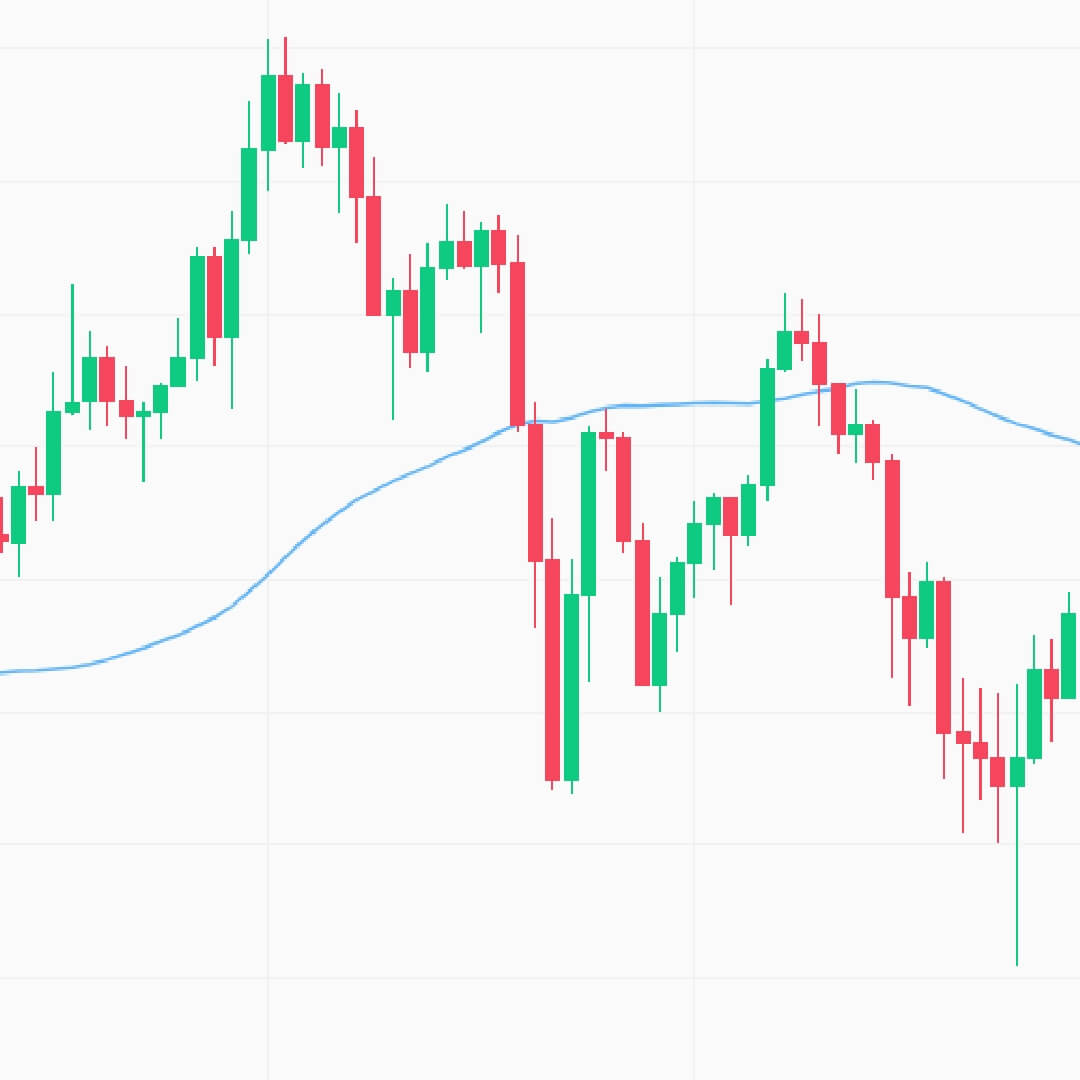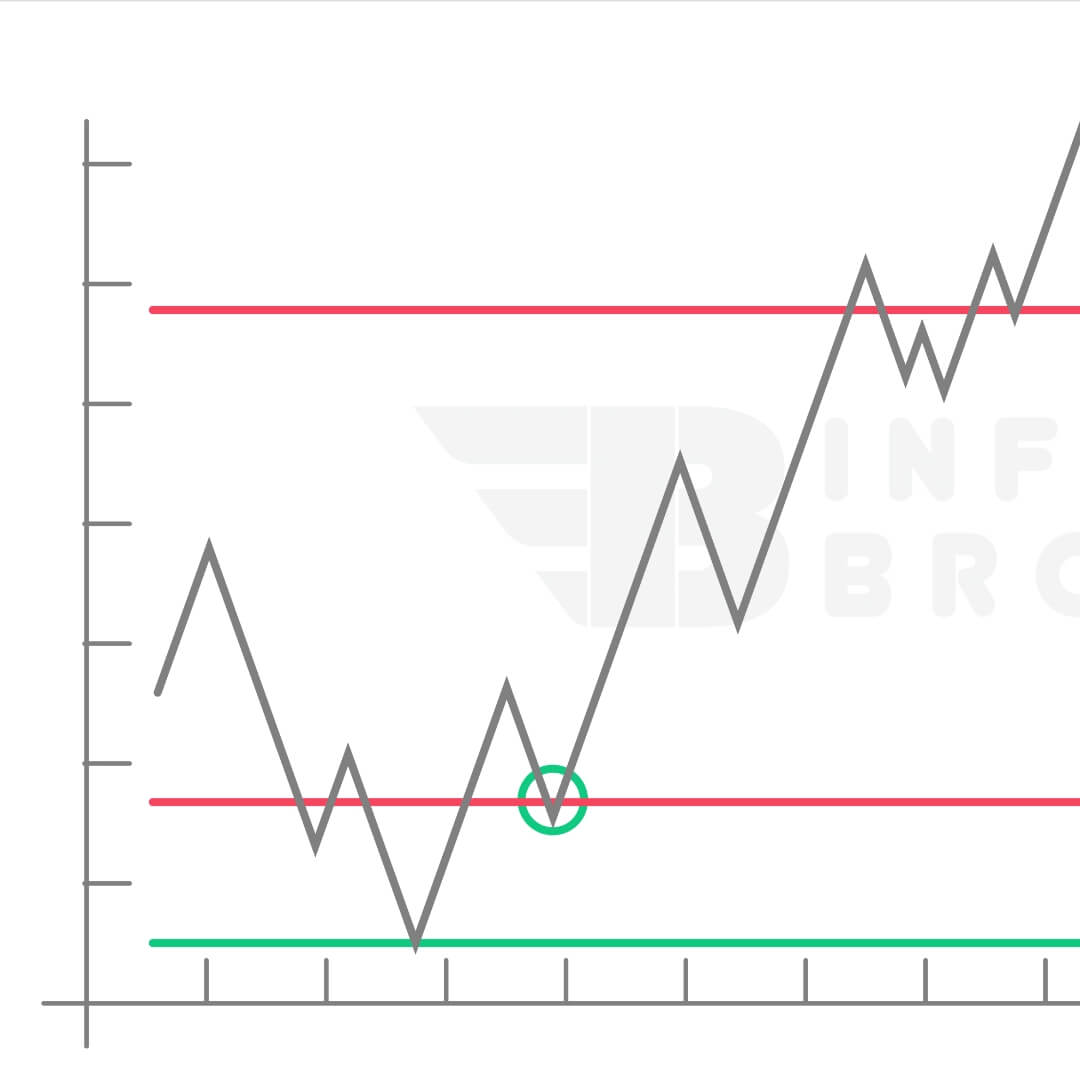What Are Stocks?Understanding Shares & Companies How Companies Raise Money?

Key Takeaways
Welcome to Stock Basics: Shares and Companies!
Today, we're embarking on a journey into the world of stocks, unraveling the mysteries behind what they are and why they hold significant value in the realm of business.
Let's start by picturing your favourite local bakery, Sweet Dough, as it decides to venture into the world of selling shares. Think of shares as slices of the bakery's delectable pie, each one granting you a portion of ownership in the business..
Indeed, sharesrepresent a tangible stake in a company. When you invest in shares, you're essentially becoming a shareholder, entitling you to a fraction of the company's profits and giving you a voice in major decisions through voting rights.
Now, why would Sweet Dough decide to sell shares? Well, as they grew in popularity, they needed funds to expand their menu and get a new oven. Selling shares allowed them to raise funds without taking hefty bank loans, all while keeping control over their secret recipes and unique atmosphere.
If you were to buy shares in Sweet Dough, you'd see your investment grow as they introduce exciting new flavours and gain more customers. And if the bakery does well, you might even receive dividends - a share of their profits!
Dividendsare like a 'thank you' from Sweet Dough to its shareholders. It's their way of sharing the success with those who believed in them.
But what if Sweet Dough faces a problem, like a new bakery opening nearby? In situations like this, the value of your shares might go down for a while. As an investor, deciding whether to keep your shares or sell them during uncertain times is a big decision. You need to think carefully about whether Sweet Dough can handle the challenge and still do well in the long run.
Now, let's imagine a tough time for Sweet Dough: a sudden rise in flour prices impacts their stock value.
This volatility puts Sweet Dough's shareholders in a tough spot. Some choose to sell, either to cut losses or take quick gains. Others hold on, believing in the bakery's ability to bounce back.
It's important to understand that stock prices don't just depend on how a company is doing. They're also affected by many other things like:
- How the economy is doing
- How people feel about the market
- And big events happening around the world
All these things together make the stock market always changing and moving.
As time goes on, Sweet Dough adapts and stabilises. Those who held their shares might see the value recover. However, it's a reminder that not all investments require a long-term commitment.
With stability comes the distribution of dividends by Sweet Dough. This juncture presents investors with a critical decision: reinvesting their dividends to fuel long-term growth or cashing them out for immediate returns, each choice bearing its own set of implications.
As Sweet Dough forges ahead with its expansion plans, its market value experiences a corresponding uptick, underscoring the dynamic interplay between growth prospects and market risks inherent in investing.
Sweet Dough's story teaches us that investing in shares has its rewards and challenges. Whether you're in it for the long haul or seeking short-term gains, making informed decisions is key in the stock market.
In our next lesson, we will delve deeper into the factors that influence stock prices, building upon our understanding of how companies issue shares to attract investors and secure funding.







